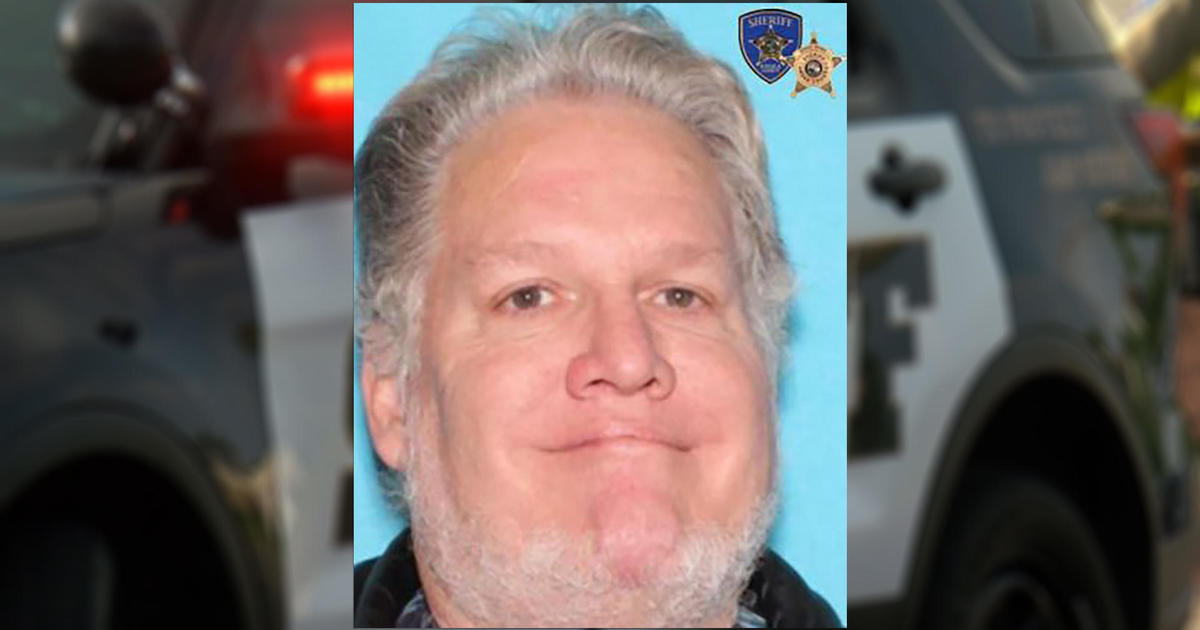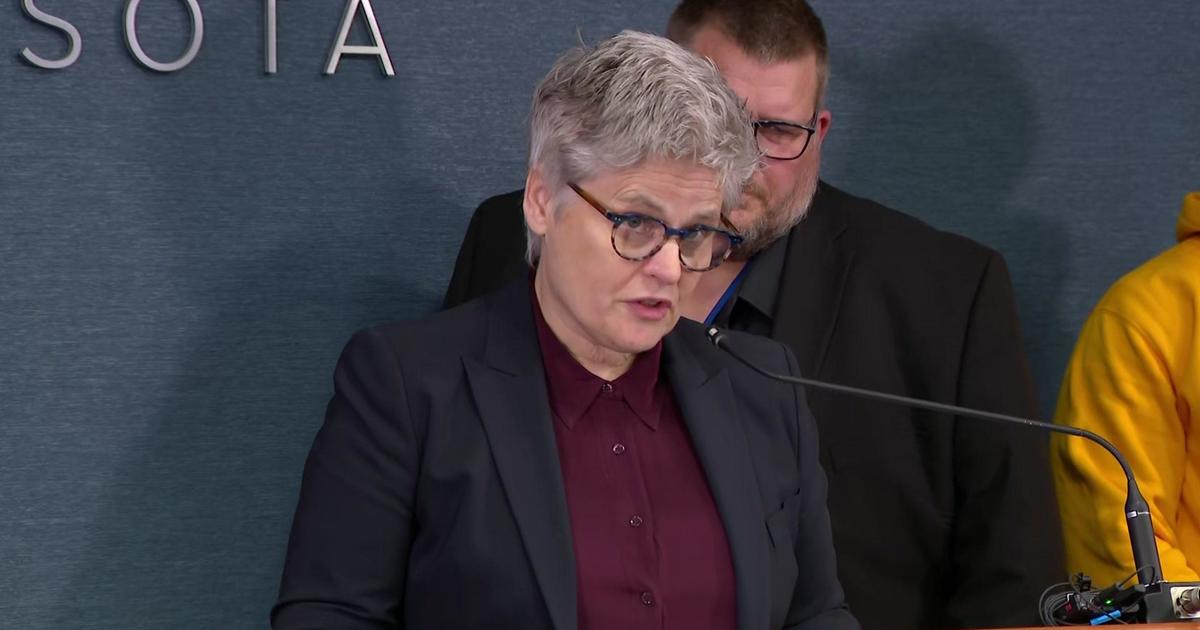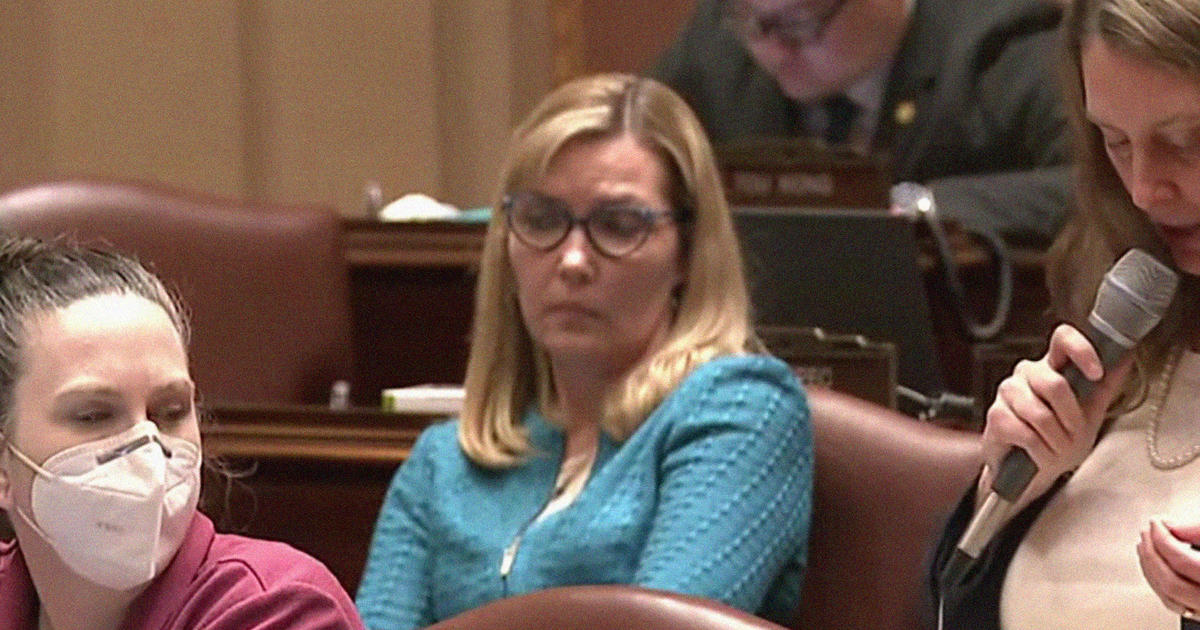Cyber Crime Conference Helping Authorities Solve Crime In Digital Age
COON RAPIDS, Minn. (WCCO) -- For decades, police could only use old gumshoe and physical evidence to solve most crimes. Then the laboratory breakthrough of DNA evidence was added to the detective's arsenals. But it was only in the mid-2000s that police forensics entered the digital age, ushering in a new era as fingerprints turned electronic.
Detective Brian Hill, of Anoka County, works in the county's computer forensics lab, a state-of-the-art laboratory where computers, hard drives and cell phones are connected to hardware that downloads and copies data potentially useful to solving a crime.
Nearly half of all area cases that a detective works on are performed, to some degree, in that lab.
"[Lab work] may give me GPS coordinates, Facebook logs or internet history searches," Hill said.
To help other agencies tap into the growing and useful technology, Microsoft and the Anoka County Attorney's Office are holding a two-day Cyber Crime and Computer Forensics Conference, at Anoka-Ramsey Community College in Coon Rapids.
Some 80 area law enforcement personnel, police, investigators and prosecutors are taking the crash course in accessing and deciphering electronic data.
Anoka County Attorney Tony Palumbo said the conference will give investigators and prosecutors the tools to track the electronic trail of evidence left by criminals.
Through evidence like cell phone text messages, dialed and missed calls, computer emails, web pages and GPS (global positioning satellite) tracking, investigators can often find irrefutable evidence that's crucial to proving a case. The benefits of such evidence were recently demonstrated in the high-profile criminal cases of Amy Senser, Tom Petters and Denny Hecker.
If stored electronic data is crucial to solving a crime, Microsoft's Digital Crimes Unit can often give investigators what they need to find it.
Microsoft's Craig Schmidt used the old teach-a-man-to-fish metaphor to explain how Microsoft is teaching local law enforcement personnel.
"We're giving them that context so they can do it for themselves," he said.



